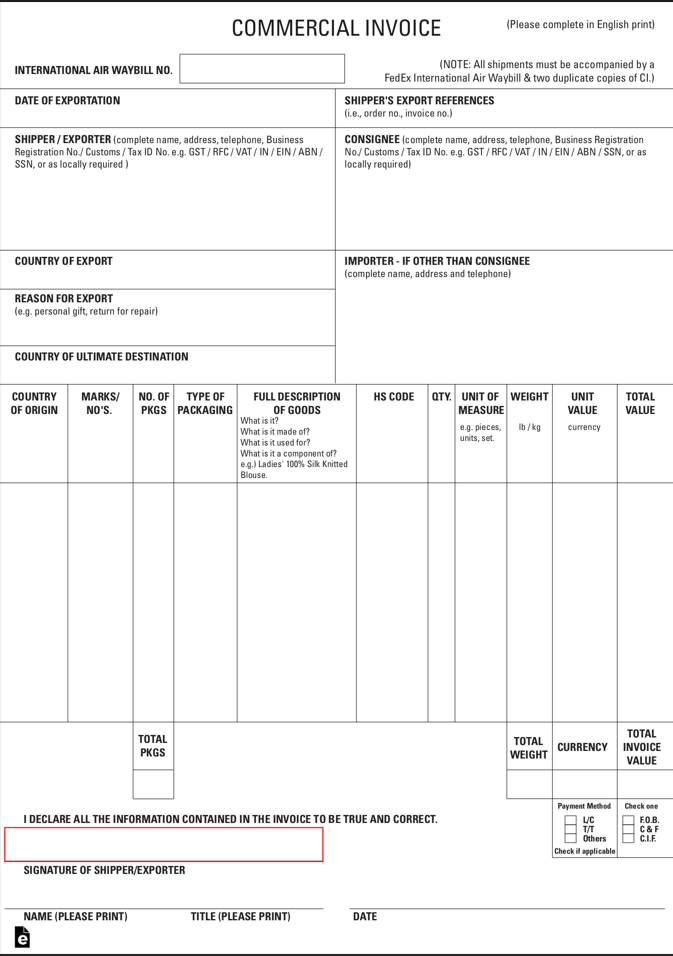Understanding Power of Attorney (POA)
Introduction:
A Power of Attorney (POA) is a legal document that grants someone the authority to act on behalf of another person in specific legal or financial matters. This comprehensive guide provides an overview of Power of Attorney, its types, uses, and how to create one to empower individuals with legal decision-making abilities.
What is Power of Attorney?
Power of Attorney is a legal instrument that allows an individual (the principal) to authorize another person (the agent or attorney-in-fact) to make decisions and take actions on their behalf. The authority granted can be broad or limited, depending on the terms specified in the document.
Types of Power of Attorney
- General Power of Attorney: Grants broad authority to the agent to handle a wide range of legal and financial matters on behalf of the principal.
- Limited or Specific Power of Attorney: Grants authority for specific tasks or transactions, often with a defined timeframe.
- Durable Power of Attorney: Remains in effect even if the principal becomes incapacitated.
- Springing Power of Attorney: Takes effect only upon the occurrence of a specific event, such as the principal's incapacity.
Uses of Power of Attorney
- Financial Matters: Managing bank accounts, paying bills, and conducting financial transactions.
- Healthcare Decisions: Making medical treatment decisions and accessing medical records.
- Legal Affairs: Signing contracts, handling real estate transactions, and representing the principal in legal proceedings.
- Business Transactions: Conducting business operations, signing contracts, and managing business affairs.
Creating a Power of Attorney
To create a Power of Attorney, follow these steps:
Choose the Right Type: Determine the type of Power of Attorney that best suits your needs. Select an Agent: Choose a trustworthy and capable agent to act on your behalf. Draft the Document: Use a template or seek legal assistance to draft the Power of Attorney document, specifying the powers granted and any limitations. Sign the Document: Sign the document in the presence of witnesses and, in some cases, a notary public. Provide Copies: Provide copies of the signed document to relevant parties, such as financial institutions, healthcare providers, and legal representatives.
Legal Considerations
- Capacity: The principal must have the mental capacity to understand the nature and consequences of granting Power of Attorney.
- Revocation: The principal can revoke or amend the Power of Attorney at any time, as long as they have the mental capacity to do so.
- Fiduciary Duty: The agent must act in the best interests of the principal and avoid conflicts of interest.
Sample Power of Attorney Certificate Template:

Benefits of Using US Arab Chamber of Commerce
-
Expert Guidance and Support: Businesses can benefit from the chamber's expert guidance and support throughout the invoicing process, ensuring compliance with international trade regulations and best practices.
-
Access to Resources and Templates: The chamber provides access to a wealth of resources, including standardized templates and educational materials, streamlining the invoicing process for businesses of all sizes.
-
Streamlined Documentation Process: By leveraging the resources and expertise of the US Arab Chamber of Commerce, businesses can streamline their documentation process, minimizing errors and delays in trade transactions.
Conclusion:
Understanding Power of Attorney (POA) is essential for individuals seeking to empower trusted agents to act on their behalf in legal and financial matters. By learning about the types, uses, and creation process of POA, individuals can make informed decisions to protect their interests and ensure their wishes are carried out effectively.
